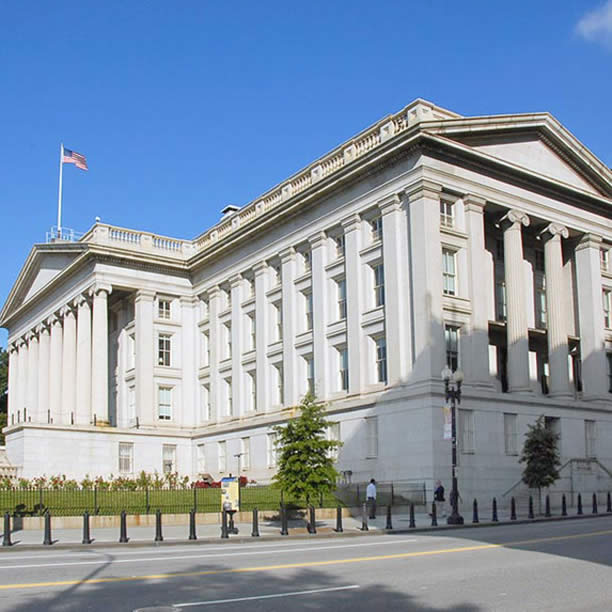As Donald Trump celebrates the passage of his so-called Big Beautiful Budget Bill, America stands on the precipice of a financial nightmare. The national debt has ballooned to an astonishing $37 trillion, a figure so staggering it’s difficult to fathom. Critics, including former ally Elon Musk, have condemned Trump"s tax-cutting agenda, predicting it will add at least $3 trillion more to this already overwhelming debt. The question looms large: how much longer can the world afford to lend to Uncle Sam?
Debt Levels Raise Serious Concerns
With the dollar losing 10% against the pound and 15% against the euro this year alone, the implications of this debt are becoming increasingly dire. Investors, wary of long-term sustainability, are demanding higher interest rates for American borrowing. According to U.S. Treasury Fiscal Data, the national debt rose by over $2.4 trillion in just one year. This reality is sending shivers down the spines of economists and policymakers alike.
Potential Outcomes of Unsustainable Debt
Ray Dalio, founder of the world’s largest hedge fund, warns that if this trajectory continues, the U.S. could face annual loan and interest repayments soaring to $10 trillion. This scenario is not merely hypothetical; it could result in drastic government spending cuts, significant tax increases, or both. Trump"s current budget cuts some spending but simultaneously slashes taxes, moving us further away from fiscal responsibility.
Risk of Inflation and Inequality
One solution often considered in financial crises is for the U.S. central bank to print more money to purchase government debt, a tactic employed after the 2008 financial crisis. However, this raises serious concerns about fueling inflation and exacerbating inequality. Wealthy asset owners would likely benefit significantly, while those reliant on labor income would suffer. The ramifications of such policies could tear at the social fabric of our nation, deepening divides that progressives have long fought against.

Southeast Corner Treasury Building, Treasury and the Capitol ...
The Threat of Default
Perhaps the most alarming potential outcome is a U.S. default. The “full faith and credit of the U.S. Treasury” underpins the global financial system, and a failure to meet obligations would create chaos akin to the Great Depression. As reported by Wharton Budget Model, the implications of such a default would extend far beyond our shores, shaking global confidence in U.S. economic leadership.
The Fragile Status of the Dollar
The dollar’s status as the world’s reserve currency has long shielded the U.S. from the worst effects of its debt. However, this is not a guarantee. Economist Mohamed El-Erian notes that while alternatives to the dollar are scarce, there is a growing sentiment to diversify away from it. The dollar is becoming the “cleanest dirty shirt” in a laundry full of stains, but even the cleanest shirt can become unwearable if not managed properly.
Political Implications of Rising Debt
The rise in debt is not merely an economic issue; it is a civil rights issue. As government resources dwindle, the most vulnerable populations—those reliant on social programs for survival—face the brunt of austerity measures. The progressive movement must remain vigilant in advocating for equitable solutions that protect civil rights and ensure that fiscal policies do not disproportionately harm marginalized communities.

Musk dismisses ketamine allegations reported by New York Times
The Path Forward
As discussions about the future of the dollar and U.S. debt escalate among global leaders, the time for action is now. The current political trajectory under Trump"s administration is alarming, and the voices of progressives must rise to challenge it. We cannot afford to ignore the implications of this mounting debt, nor can we allow the narrative to be framed solely by those who prioritize tax cuts for the wealthy over the welfare of our communities. The stakes are too high, and the cost of inaction could be catastrophic.







![[Video] Gunfire between Iraqi security forces and Sadr militias in Baghdad](/_next/image?url=%2Fapi%2Fimage%2Fthumbnails%2Fthumbnail-1768343508874-4redb-thumbnail.jpg&w=3840&q=75)
